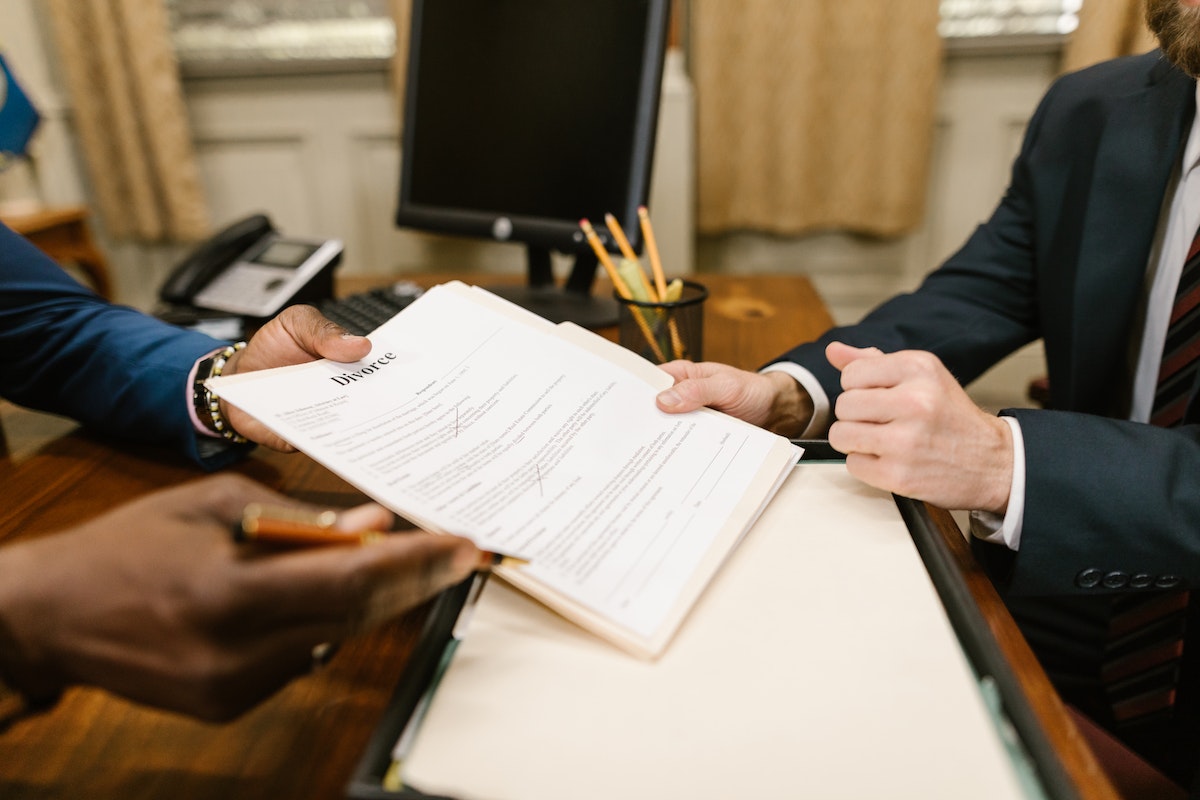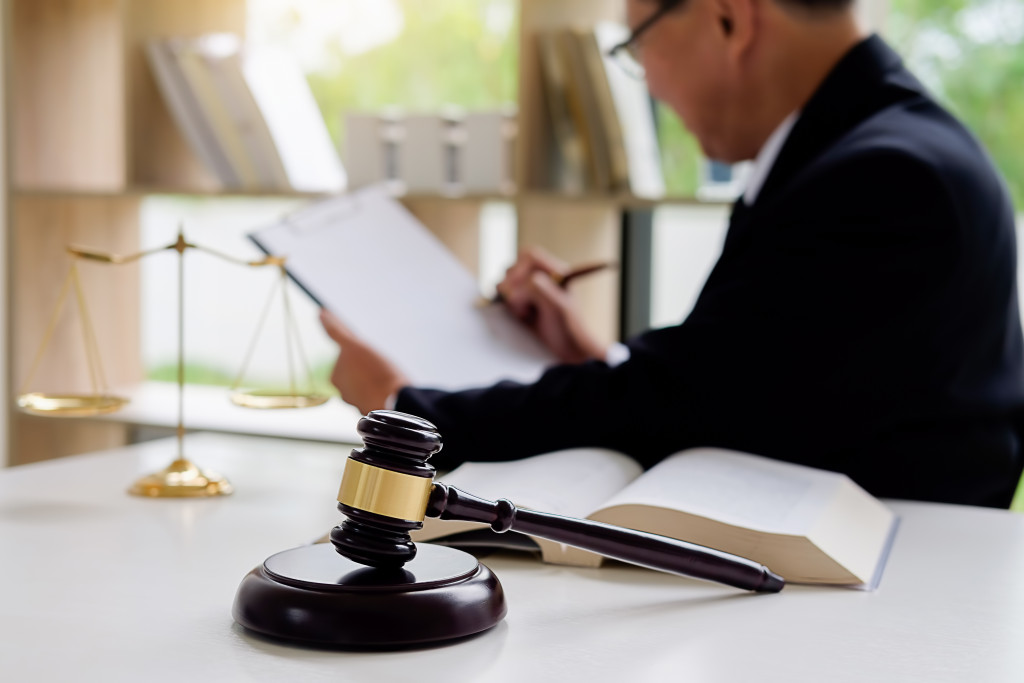- Legal proceedings are complex, from collecting evidence to managing clients and observing courtroom etiquette.
- Drafting legal documents requires precision, with a single mistake potentially invalidating the entire document.
- The UIDDA simplifies the process of serving subpoenas across state lines, enhancing efficiency and effectiveness.
- Lawyers and process servers provide invaluable assistance, guiding law firms and clients through the intricacies of legal procedures.
Legal processes can be daunting both for law firms and the average Joe. Laws can be complex, and procedures and protocols can be overwhelming. No wonder many people seek the services of lawyers to navigate the complicated waters of legal disputes. But did you know that some legal procedures are considered simple, yet they can still be difficult to manage? Here are a few simple but difficult processes in legal procedures that you may encounter.
Collecting evidence
Evidence collection may sound simple, but it can be challenging to manage . Collecting pieces of evidence involves not only a thorough investigation but also complying with the rules of evidence in criminal or civil proceedings. The process requires a careful and systematic approach to gathering essential data, as any missed or mishandled details can compromise the whole case.
Drafting legal documents

Legal documents, such as contracts, deeds, or agreements, require precise wording, correct legal terminologies, and proper formatting. These documents must be drafted accurately to avoid future disputes, and a single mistake can invalidate the whole document in court.
Delivering Subpoenas
Serving a subpoena is the process of legally delivering court documents to individuals or organizations involved in a case. This task may seem simple, but locating and serving the intended recipient can be challenging, especially if they are avoiding being served or if they’re in another state. Failure to properly serve a subpoena can result in delays and even dismissal of the case.
Fortunately, the UIDDA (Uniform Interstate Deposition and Discovery Act) helps serve subpoenas across state lines. UIDDA streamlines the process by allowing attorneys to send and receive subpoenas seamlessly to other states that have adopted this act, making it easier and more efficient to serve court documents.
Experienced process servers can also assist in serving subpoenas through the UIDDA and ensuring that all legal requirements are met. They have specialized knowledge and resources to locate and serve the intended recipients, saving time and effort for lawyers and their clients.
Managing Clients
Legal representation doesn’t end with attending court proceedings and creating legal documents. Law firms must prove to their clients that they can manage their expectations – Reply promptly to their inquiries, update them regularly on case progress, and be available when needed. Managing clients requires the skill of balancing the legal and human approaches.
Courtroom Proceedings
Courtroom proceedings can be tricky, with various laws, protocols, and proceedings. Courtroom etiquette should be strictly followed, or legal representation may be interpreted as a lack of respect for the court. Here are four standard courtroom etiquette rules that lawyers and their clients should adhere to:
Standing when the judge enters or leaves the courtroom.
Standing when the judge enters or leaves the courtroom is a sign of respect and is considered good court etiquette. This rule applies to lawyers, their clients, and witnesses. It shows that the legal team understands and acknowledges the judge’s authority.
Not interrupting while someone else is speaking.
Interrupting someone while speaking is considered rude in any setting, including a courtroom. Lawyers should remind clients to wait to speak and avoid interrupting other parties or witnesses during court proceedings. This rule also applies to lawyers, who should not interrupt the judge while speaking.
Addressing the court as ‘Your Honor’.
Addressing the judge as ‘Your Honor’ is a sign of respect and recognition of their authority. It’s an essential part of courtroom etiquette for lawyers and their clients. Using other titles or failing to address the court respectfully may result in contempt-of-court charges.
Dressing appropriately.

Proper courtroom attire for clients is equally important as it is for lawyers. Clients should dress in business or formal attire to show respect for the court and their case. The judge or jury may interpret a client’s appearance as a reflection of their character, so dressing appropriately can positively impact the case.
Navigating the world of legal procedures, though seemingly daunting, need not be a solitary journey. The complexities of collecting evidence, drafting legal documents, serving subpoenas, managing clients, and observing proper courtroom etiquette can be managed effectively with the right help. Just as in any other professional field, the key to successful navigation of legal processes is knowledge, diligence, and respect for the protocols set forth. Therefore, seeking professional assistance when dealing with legal matters is always advisable.






